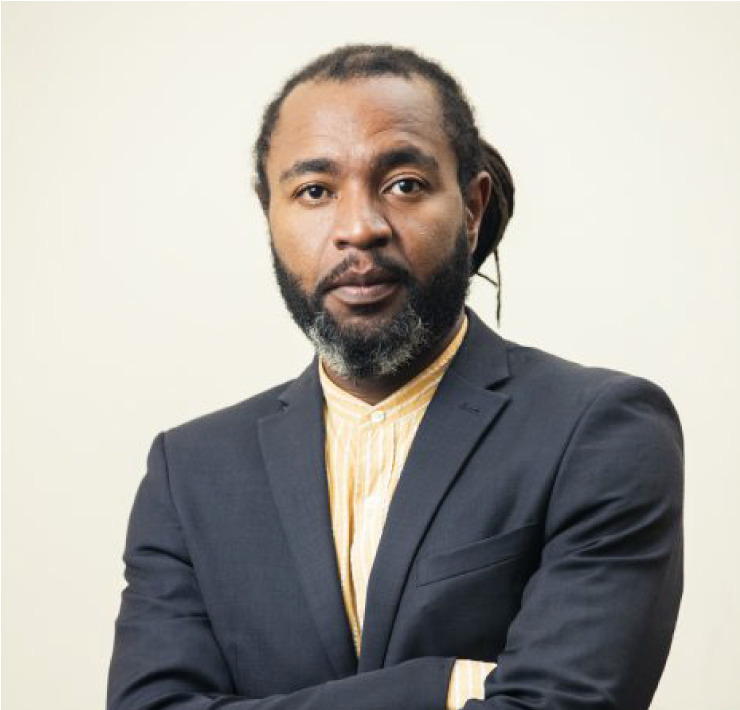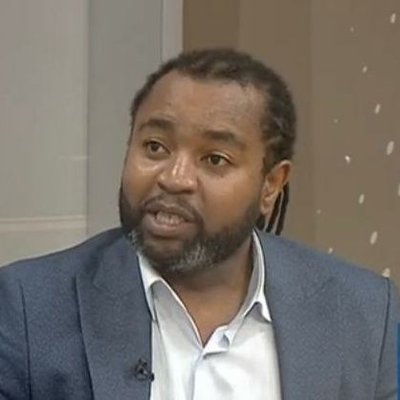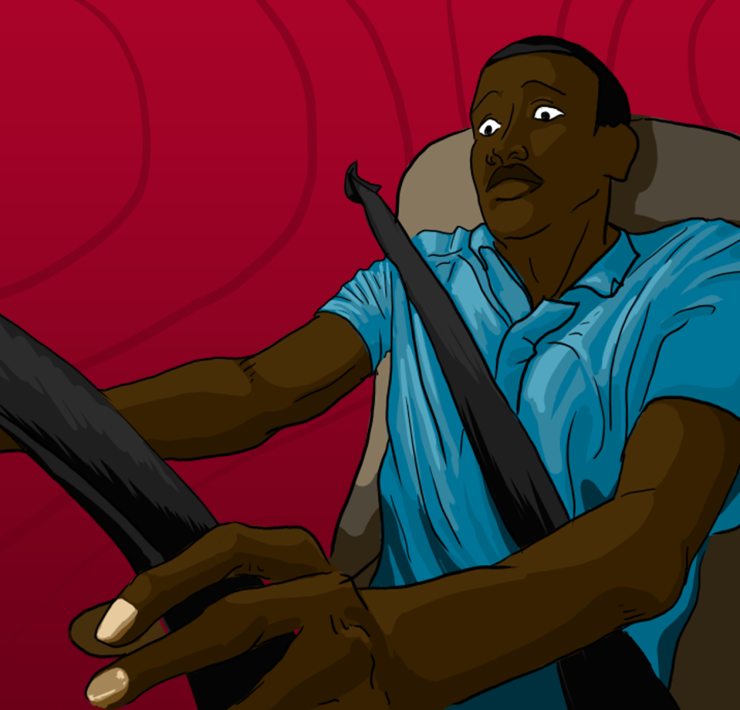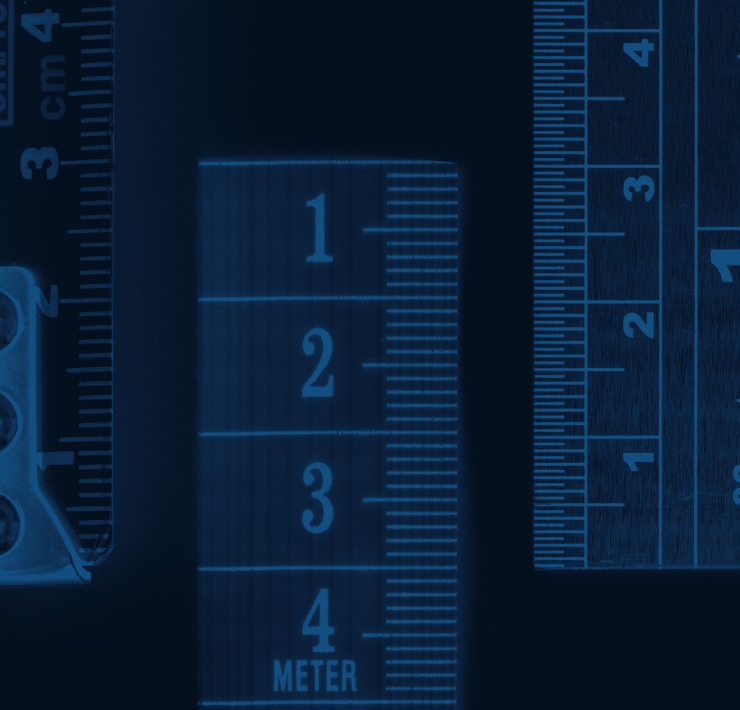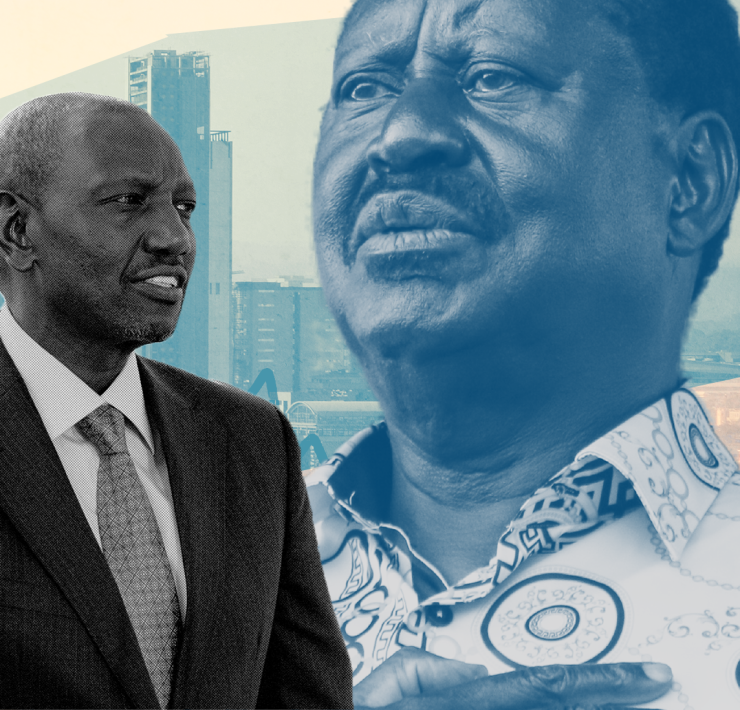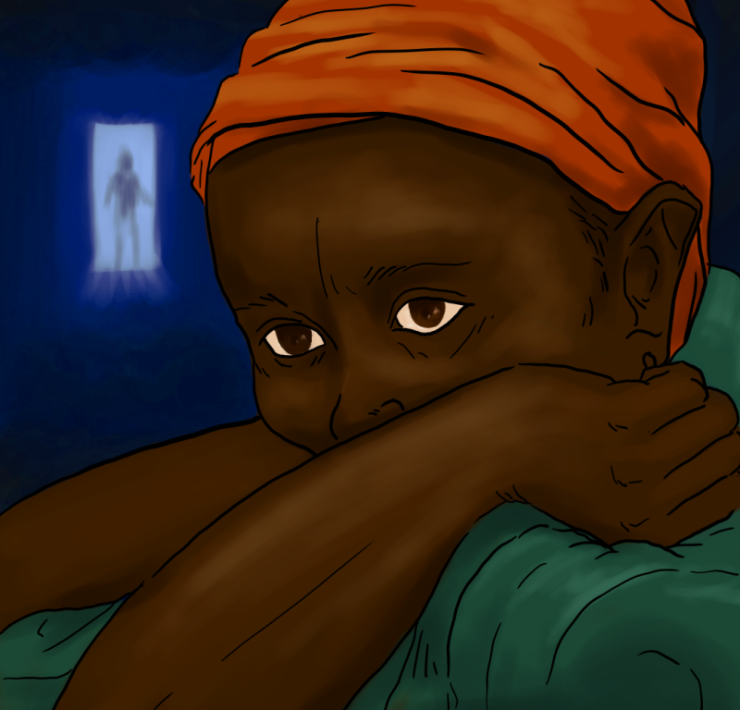“The state is not God. It has no right to give away that which it cannot give back, if it should so desire.”
– Anton Chekhov
On 30 January 2023, Ugunja MP and Leader of the Minority in Kenya’s National Assembly (NA) Opiyo Wandayi wrote to the Speaker of the NA, communicating his intention to introduce a bill, which if enacted, shall send the hangman home for good, by erasing the death sentence from Kenya’s law books.
Citing it as the Penal Code (Amendment) Bill, the MP intends to convince Parliament and Kenyans at large to amend the penalties of offences that attract the ultimate punishment – death, this by replacing the words “sentenced to death” with “life imprisonment’’. These crimes include treason (s. 40(3)); punishment for murder (s. 204); punishment for robbery with violence (s. 296(2)); attempted robbery with violence (s. 297(2)); and the felony described as the “administration of unlawful oaths to commit capital offences (s. 60)’’.
If already not included, section 25 of the same law, which circumscribes how the “sentence of death” should be administered – “to suffer death in the manner authorised by law” and further excuses children or those who appear to be under the age of majority – and have been found culpable of committing a capital offence – from being sentenced to death (but instead be held “under the president’s pleasure”). The provision shall effectively become redundant, and should therefore be included in the Wandayi’s legislative proposal.
Additionally, it shall remain to be seen whether Wandayi’s proposal shall in maturation be extended so that similar amendments can be made in the Kenya Defence Forces (KDF) Act, 2012. The law contains offences such as aiding the enemy (s.58); communication with the enemy (s. 59); spying (s. 60); advocating governmental change by force (s.67); and mutiny (s. 72). For these charges, the law as-is invites court martials to cause soldiers found guilty “to suffer death….”
If Wandayi’s motivation is for the death penalty to be entirely exterminated from the entire Kenyan legal framework, then it goes without saying that the change in law must stretch as far as the KDF Act. Cynics may float the counter argument that offences and penalties contained in the KDF Act apply to a sensitive and unique personality of the state – the soldier – whose nature of service and work calls for the highest discipline, strict obedience and compliance achievable through deterrence. Proponents of this line of thinking may therefore posit that the limitation of the right to life for men and women serving in the defence forces is paramount – to act as a deterrent, hence the death penalty in the KDF Act should sustain in this regard.
However, a quick look at the Constitution of Kenya 2010 may give guidance on this.
Article 19 (3) provides that “The rights and fundamental freedoms in the Bill of Rights – (a) belong to each individual and are not granted by the State;… and (c) are subject only to the limitations contemplated in this Constitution.”
Specific to limitations that may be put in the enjoyment of rights for “persons serving in the Kenya Defence Forces or the National Police Service”, and primarily due to the nature of those rights and the environment within which disciplined armed forces work, the Constitution particularises — Privacy (Article 31); Freedom of association (Article 36), assembly, demonstration, picketing and petition (Article 37); labour relations (Article 41); economic and social rights (Article 43); and rights of arrested persons (Article 49) – as rights which the men and women serving in the Forces do not march towards at the same pace as civilians. In this case, the Constitution facilitates affirmative action towards their limitation. Intriguingly, the right to life is not in this regiment, inferring that unlike the listed ones, the measure of how military personnel access this right is at the same platform and scope as ordinary civilians.
Article 26 states that “Every person has the right to life…’’ and ‘‘A person shall not be deprived of life intentionally, except to the extent authorised by this Constitution or other written law ” (with emphasis). An examination of the Constitution therefore reveals that, save through legislation, the only way the Constitution expressly authorises the deliberate termination of life – though in another scope altogether – is when it permits abortion when administered by a trained health professional for emergency treatment or the rescuing of a mother’s life.
Currently, laws that permit intentional (judicial) killing happen to be the Penal Code (Cap. 63), whose repair is underway, and the KDF Act, 2012. It would therefore be proper that if Kenya is to optimally remove the stain that is the death penalty from the consciousness of our laws and society, the KDF Act too should be amended. This shall be the final nail on the coffin carrying the remains of the death sentence in Kenya.
It is a corpse because, inasmuch as the punishment prevails in our laws (as shown above), the last time Kenya’s hang(wo)man justifiably earned his pay for doing exactly what s/he is paid for was thirty eight years ago when alleged 1982 failed coup plotters Hezekiah Ochuka, Pancras Oteyo, Bramwell Njereman and Walter Ojode were executed at Kamiti Maximum Security Prison.
In other words, albeit the sentence remains in our laws, and is still meted on convicts (currently standing at six hundred), actual executions are not carried out, therefore rendering that part of the law dead. Further, and because of the torture to the condemned, the words “you have been sentenced to death” have become as empty as the deterrence that the punishment was meant to achieve. This is one of the reasons Opiyo Wandayi and many advocates of this ultimate penalty have given towards supporting its abolition. They state that unlike what the former American First Lady the late Nancy Reagan once alluded to when she said “I believe that more people would have been alive today if there were a death penalty”, capital punishment does not prevent people from committing crimes bearing its consequence. Similarly, the punishment of death, like time, is irreversible.
Considering our imperfect human nature hence criminal justice systems, the punishment is therefore a fallacy. Imperfection cannot purport to execute that which can only be a product of perfection hence permanence, because there is no room for repair. For this reason, and paradoxically so, due to its imperfection, the death penalty, which has already been put to death, must now be interred. Linked to this, the focus of Kenya’s penal system has shifted from punishment (prisons) to restoration (correctional services). Death can neither correct nor be corrected.
Beyond the factors above, religion (thou shall not kill for some Christians) and the decolonisation argument that Kenya should join the 25 other African countries that have deleted this colonial relic of penology from its laws, the heart of the debate about whether to have or not have the death sentence ultimately lies behind the veil of victimhood and which side a person stares from, when the curtain is pulled.
There are those who are grievously wronged, like when their dear child is violently raped or even through losing a loved one. For them, the only repair or equaliser might be vengeance – when the culpable faces a similar fate. To them, an eye for an eye resonates with justice. When the suffering turns towards those found culpable and sentenced to death, to them and their loved ones, the penalty is an overkill. As for bystanders, their arguments are abstract and theoretical.
As Hon. Wandayi’s proposal slowly gains traction on the legislative conveyor belt and eventually into public debate, Kenyans can be guided by the empirical arguments suggested above, but also by the empathy towards those directly affected by the issue – the victims of heinous crimes and those condemned – that ultimately, the death penalty officially stains with blood the hands of the entire society, because as George Bernard Shaw observed, “criminals do not die in the hands of the law. They die in the hands of other men.”
Author
-

Bobby Mkangi served as a Commissioner in the nine-member Committee of Experts for Constitutional Review (CoE) in Kenya that delivered the Constitution of Kenya, 2010 (CoK-2010). In that process Mkangi convened and chaired the human rights, and civic education and public engagement sub-committees of the CoE. Thereafter, Mkangi worked on various transitional justice constitution-making processes in Tanzania, Zimbabwe, Sierra Leone, South Sudan and The Gambia. In 2012, Mkangi spoke at Tokyo’s Toyo University on Constitutions as Platforms of Change in Africa: The Kenyan Case, and is concluding a semi-autobiographical book, provisionally entitled It Was Written: Personal Reflections on Constitution Making Process in Kenya. A children rights advocate, Mkangi participated in an Experts’ Meeting convened by the Special Representative of the UN Secretary General on Violence against Children and the Office of the UN Commissioner on Human Rights (OCHR) on Legal Framework for the Prohibition, Elimination and Response to Violence against Children in Geneva, Switzerland in 2012. On the same issue, Mkangi has finalised two manuscripts provisionally titled The Legal Framework for Child Protection in Kenya and The Anatomy of Child Sexual Abuse: Kenya’s Silent Monster. Mkangi is affiliated to the African Network for Constitutional Lawyers (ANCL) and serve in various boards including the National Democratic Institute (NDI)/Kenya Board (Secretary), the Kampala based Eastern Africa Centre for Constitutional Development (Kituo Cha Katiba -KcK) in which he chairs the board, and Moyo Children’s Centre (MCC) where he sits as Chairperson. Mkangi previously served in the board of the African Network for Prevention and Protection Against Child Abuse and Neglect (ANPPCAN) – Kenya Chapter as Treasurer. In 2010, Mkangi was awarded the Member of the Order of the Burning Spear (MBS) by the President of The Republic of Kenya for exemplary service during Kenya’s constitution-making process. In similar context, Mkangi was awarded the Shujaa Wetu (our hero) Award by the National Council For Community Based Organisations. In 2004, he was awarded Honorary Membership (2004-2006) by the International Society for the Protection against Child Abuse and Neglect (ISPCAN). Mkangi works as an independent legal consultant, and lives in Nairobi, Kenya.
Bobby Mkangi served as a Commissioner in the nine-member Committee of Experts for Constitutional Review (CoE) in Kenya that delivered the Constitution of Kenya, 2010 (CoK-2010). In that process Mkangi convened and chaired the human rights, and civic education and public engagement sub-committees of the CoE. Thereafter, Mkangi worked on various transitional justice constitution-making processes in Tanzania, Zimbabwe, Sierra Leone, South Sudan and The Gambia. In 2012, Mkangi spoke at Tokyo’s Toyo University on Constitutions as Platforms of Change in Africa: The Kenyan Case, and is concluding a semi-autobiographical book, provisionally entitled It Was Written: Personal Reflections on Constitution Making Process in Kenya. A children rights advocate, Mkangi participated in an Experts’ Meeting convened by the Special Representative of the UN Secretary General on Violence against Children and the Office of the UN Commissioner on Human Rights (OCHR) on Legal Framework for the Prohibition, Elimination and Response to Violence against Children in Geneva, Switzerland in 2012. On the same issue, Mkangi has finalised two manuscripts provisionally titled The Legal Framework for Child Protection in Kenya and The Anatomy of Child Sexual Abuse: Kenya’s Silent Monster. Mkangi is affiliated to the African Network for Constitutional Lawyers (ANCL) and serve in various boards including the National Democratic Institute (NDI)/Kenya Board (Secretary), the Kampala based Eastern Africa Centre for Constitutional Development (Kituo Cha Katiba -KcK) in which he chairs the board, and Moyo Children’s Centre (MCC) where he sits as Chairperson. Mkangi previously served in the board of the African Network for Prevention and Protection Against Child Abuse and Neglect (ANPPCAN) – Kenya Chapter as Treasurer. In 2010, Mkangi was awarded the Member of the Order of the Burning Spear (MBS) by the President of The Republic of Kenya for exemplary service during Kenya’s constitution-making process. In similar context, Mkangi was awarded the Shujaa Wetu (our hero) Award by the National Council For Community Based Organisations. In 2004, he was awarded Honorary Membership (2004-2006) by the International Society for the Protection against Child Abuse and Neglect (ISPCAN). Mkangi works as an independent legal consultant, and lives in Nairobi, Kenya.

